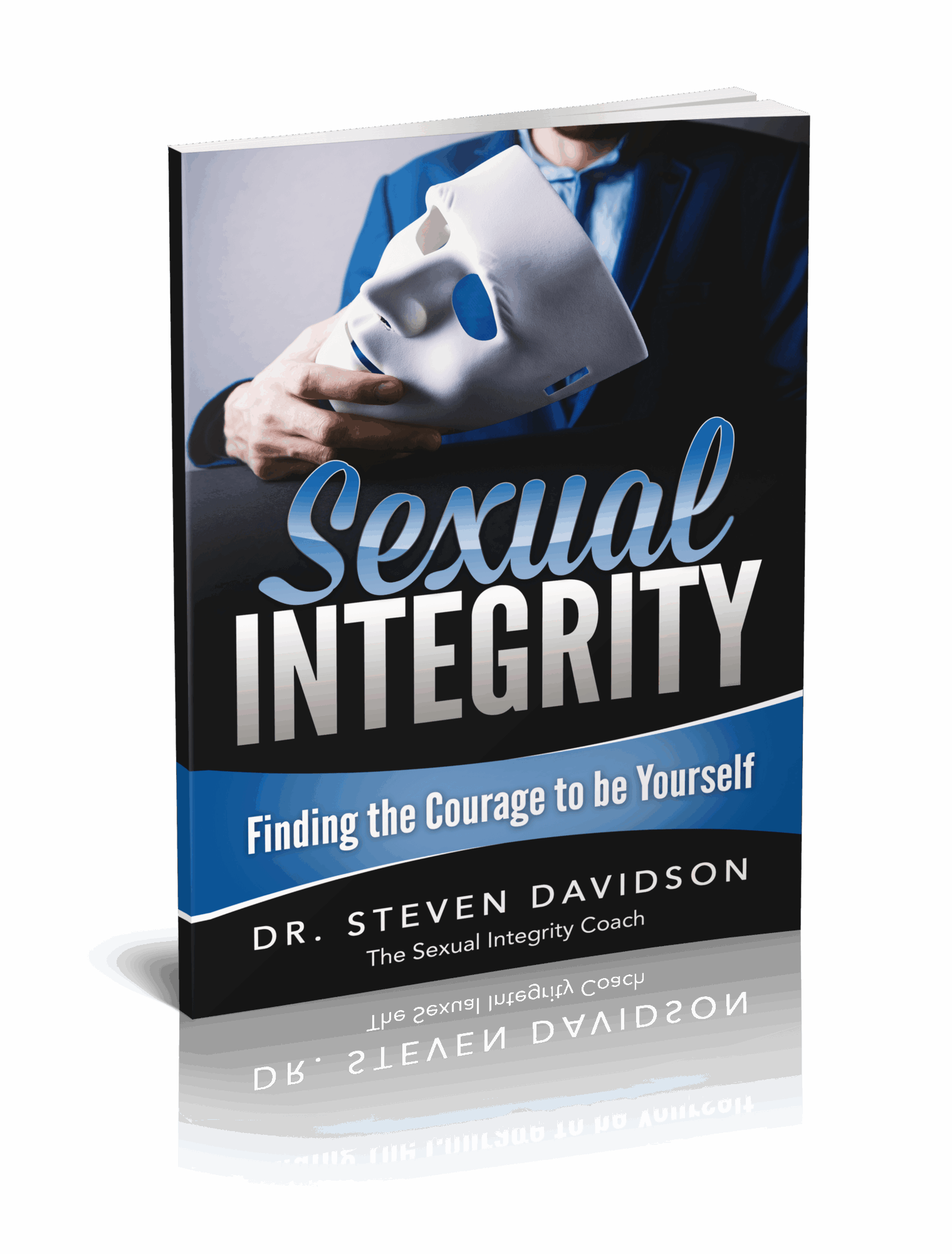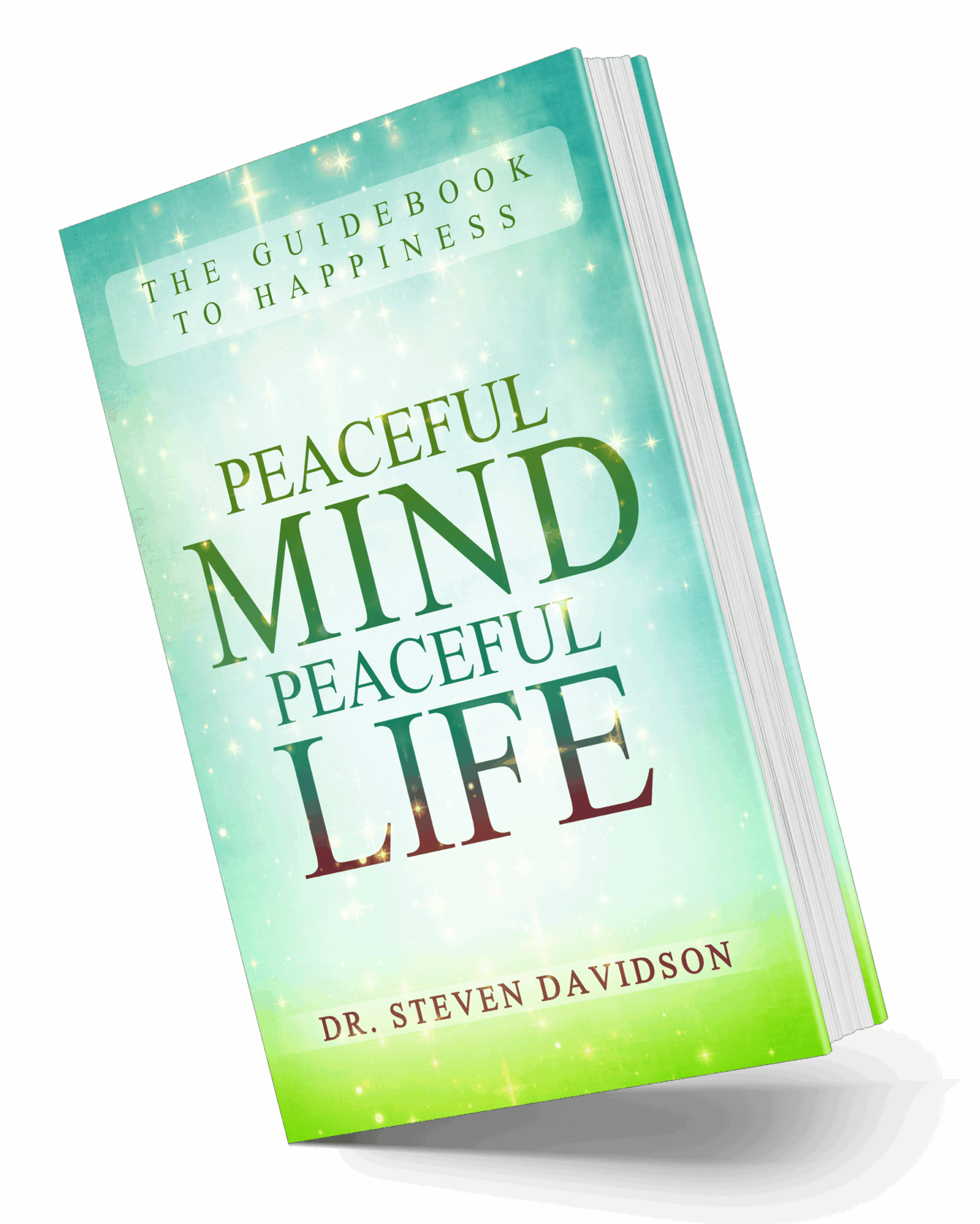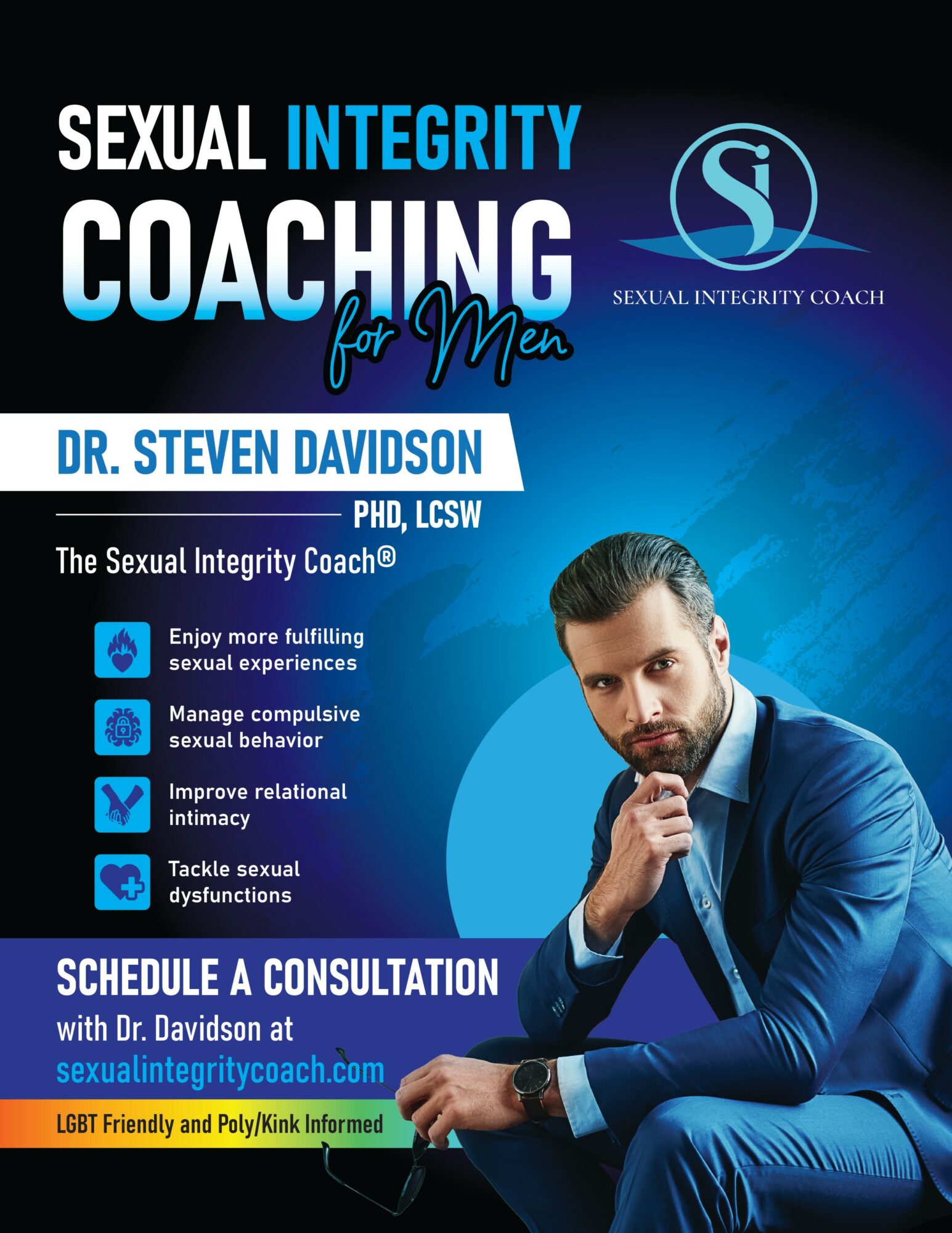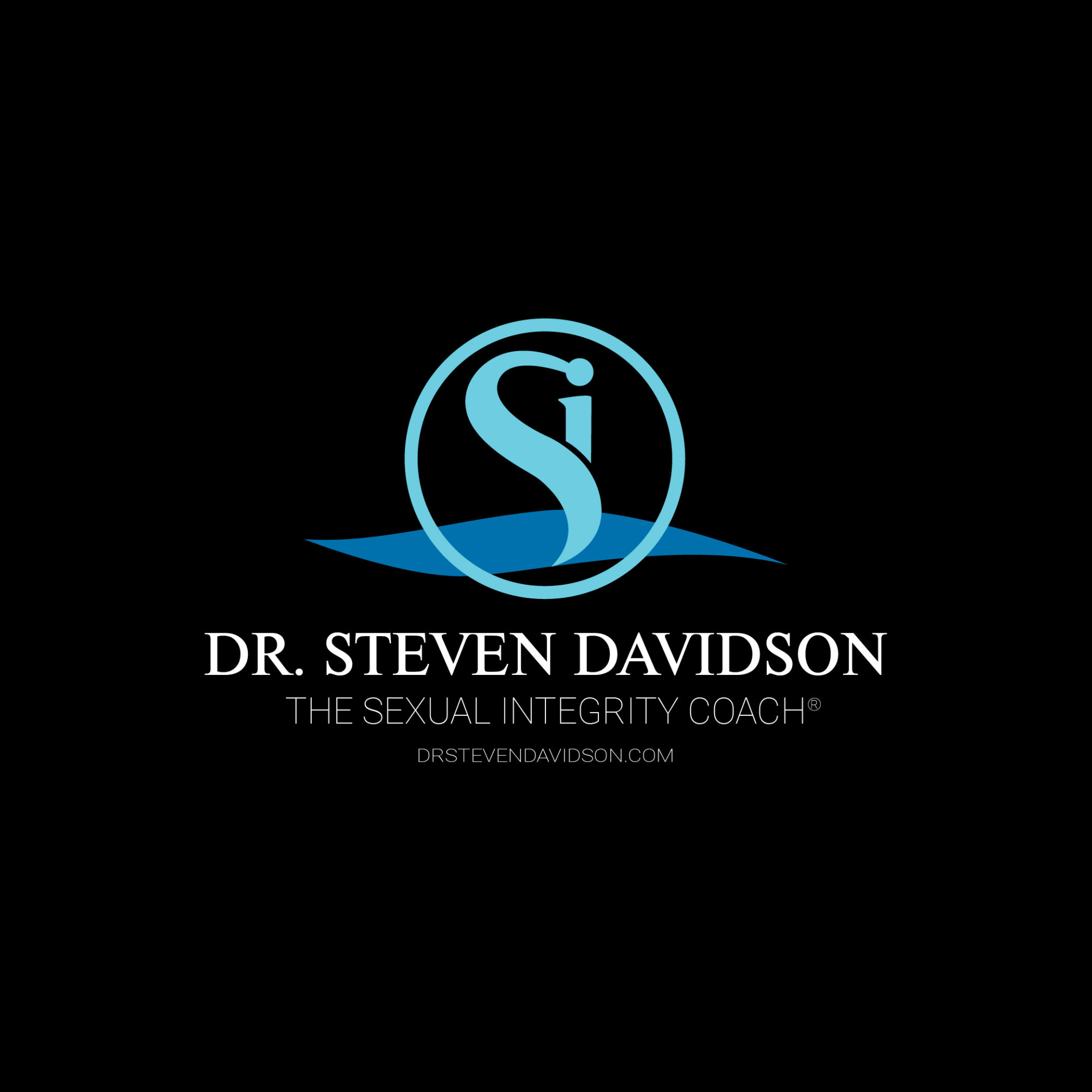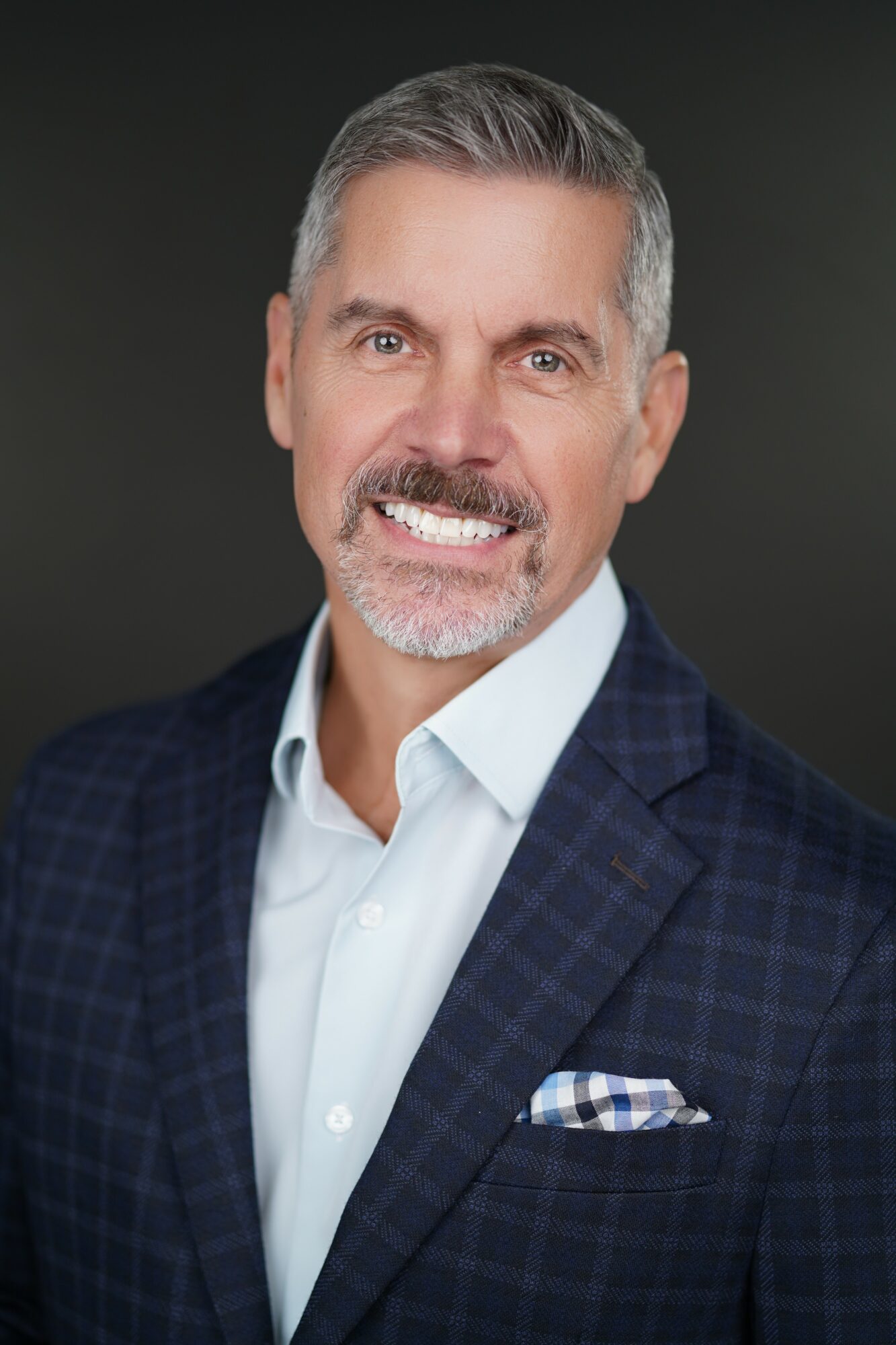

Today we’d like to introduce you to Dr. Steven Davidson.
Hi Dr. Steven, so excited to have you with us today. What can you tell us about your story?
I knew early in life that I wanted to be a psychotherapist. I pursued a bachelors degree, and later a masters degree in social work in my home state of TN. Early in my career I worked in psychiatric hospitals and outpatient mental health clinics. This prepared me to work with people from many demographics and to have familiarity with every diagnosis.
Therapists are not well-trained in sexology, the science of sexuality. It was these cases I found most fascinating and these were cases many of my colleagues did not want. I pursued additional education to receive certification as a sex therapist and later a PhD in clinical sexology. I have never regretted this decision.
I opened my own practice in 2006 in Nashville, TN. I was frustrated with the limitations of healthcare organizations and the tendency to place excessive profit over people. I knew I could do better independently and this has been my mission ever since. I provide quality healthcare services that are individualized to the specific needs of the client. Most of my clients see me for matters related to sex: relationship incompatibility, sexual disorders, sexual compulsions, or just new ways to enhance intimacy in their long-term relationships. I still see clients for anxiety, depression, trauma, and addictions since this is where my career began.
I moved to Florida in 2019 and opened a practice in Wilton Manors. In 2021 I published my first book, Sexual Integrity: Finding the Courage to be Yourself. I published my second book, Peaceful Mind/Peaceful Life; The Guidebook to Happiness, in 2023. Both books are available on Amazon, Audible, Kindle, and fine bookstores in the US and other English-speaking countries. I also produce a YouTube Channel that provides adult sex education on subjects most people can’t learn elsewhere.
I’m sixty-five years old and I think my personal life experience is an asset to my practice. I have had my own personal challenges and I have grieved over lost love. I have experienced deceit, betrayal, rejection, and abandonment. Each time, I pulled myself up and always came back stronger than before. I generally do not talk to my clients about my personal life, but I try to convey empathy that helps them feel seen and valued.
I lately think about retirement, or maybe just winding down. So many of my clients now want to be seen virtually and that is easy to do. I still see clients in the office as well. I have always loved what I do and I can’t imagine not doing it in some capacity in my later years.
Alright, so let’s dig a little deeper into the story – has it been an easy path overall and if not, what were the challenges you’ve had to overcome?
In the early years of my career I was idealistic with my expectations of myself, others, and the healthcare industry. I had false assumptions that everyone wanted to live happier and healthier. I believed everyone deserved access to services. I thought everyone strived to be respectful and fair. I soon discovered that healthcare is just another business where profit is a priority and politics is influential. I have only watched this get worse in recent years.
It has also been a challenge to deliver science-based services on the subject of sexual health. The science is incongruent with many political and religious beliefs about sexuality and relationships. There are those who work hard to oppress knowledge and propagate myths. My network of sex therapy colleagues is small, as we are specialists in a field (sexology) where few healthcare providers want to specialize. People need to understand that sexuality is mostly innate. There are social and environmental influences, but the human brain is designed to be erotically motivated. Otherwise, humanity would have become extinct before any of us living today were born. Watching people resists science is frustrating. I help those who want it.
As you know, we’re big fans of you and your work. For our readers who might not be as familiar what can you tell them about what you do?
I love watching people succeed. I don’t resent the happiness of others. I think when one person wins, the whole world gets a little better. Every time a client overcomes a challenge, I feel some degree of success. I suspect this is why psychotherapists love their work.
I am a man working in a female-dominated profession. Most of my clients are men. When I see women, it is often with her husband or male partner. I think a lot of men prefer to work with a male therapist, especially when they are dealing with the subject of sex. One has to be open-minded and comfortable with the subject to talk to clients about sex all day long.
My specialization in sexology is the main thing that distinguishes me from the majority of my psychotherapy colleagues. The general public is unaware that most healthcare providers receive little or no formal training in sexology. Many of the healthcare providers licensed to diagnose and treat sexual disorders have never taken a single human sexuality course. Some of my clients find me after they have had unsatisfactory experiences elsewhere. The previous provider likely had good intentions, but they were not well-informed. This is another consequence of the oppression of knowledge. Teaching sexual science is controversial in the US, so most colleges and universities avoid it. If you are dealing with sexual problems individually or in your relationship, I highly recommend seeing a sexology specialist and Florida has some excellent specialists to choose from.
Do you have any advice for those just starting out?
Our training as psychotherapists does not prepare us for the business aspect of this profession. Many psychotherapists opening their own practice, struggle to make it in the first few years. I think it is best to work for a hospital or clinic initially and develop your clinical skills before setting out on your own. Then, utilize the services of a business coach, accountant, or an attorney to help you avoid costly mistakes when you do decide to work for yourself.
Psychotherapists in any specialization are exposed to a lot of data pertaining to trauma, grief, and the saddest and darkest aspects of humanity. It is important to balance this with attention to your own health and happiness. I have learned to make my own mental and physical health a priority. I avoid toxic people and places. I limit my access to social media and news programming. I exercise 4-5 days a week. I take responsibility for my own mental and physical health. It is easy to burn out in this profession if you don’t attend to your own self-care.
Contact Info:
- Website: https://drstevendavidson.com/
- Facebook: https://www.facebook.com/drstevendavidsonphdlcsw/
- Youtube: https://www.youtube.com/@sexualintegritycoach
